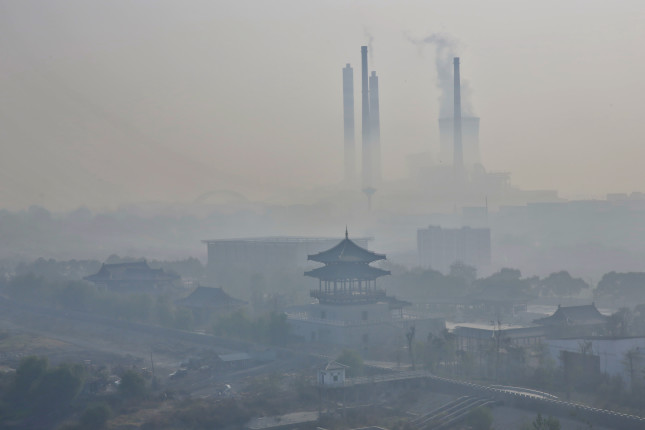-
Ruth Greenspan Bell and Barry M. Blechman, Foreign Affairs
Turning Down the Heat: Progress in the Fight Against Climate Change
November 24, 2015 By Wilson Center Staff
Last week, at a meeting of the Organization for Economic Cooperation and Development in Paris, the United States, Japan, and several other nations reached an agreement that will restrict financing for overseas coal projects. The deal will limit investment in the dirtiest, coal-fired power plants but will allow some continued investment in more efficient coal technology. Japan is one of the major sources of finance for the coal industry, so the agreement is an important moment in the effort to reduce global emissions.
This move, along with recent bilateral agreements the United States has reached with China and India, signals a significant strategic development in the process of tackling climate change, a process that has so far made only glacial progress. Until recently, countries mostly focused their efforts on cooperating within the United Nations Framework Convention on Climate Change. The sheer number of issues before the UNFCCC, however, and the involvement of 196 parties in the negotiations have made it difficult to make progress toward greenhouse gas reductions. Increasingly, however, the United States has shifted toward supplementing its engagement at the UNFCCC with opportunistic deals cut with individual partners that focus on discrete issues where progress is feasible. This has been a much more effective strategy, and one that offers the best hope of averting the worst impacts of a changing climate.
Cold War Lessons
Four years ago, in the pages of Foreign Affairs, we argued that the process of reducing global emissions was too dependent on the UNFCCC. UNFCCC negotiations involve more issues than most multinational talks, including weaning whole economies off fossil fuels, protecting disappearing forests, and saving the small-island states that are likely to be underwater within a few decades. Making decisions in the UNFCCC is difficult because 196 parties are at the table – polluters, victims, and everyone in between – all of which officially wield equal weight. As a result, unsurprisingly, parties have found it difficult to conclude comprehensive agreements, and the world has made little progress in controlling greenhouse gas emissions.
Continue reading on Foreign Affairs.
Ruth Greenspan Bell is a public policy scholar at the Wilson Center.
Sources: Foreign Affairs, The Guardian, Natural Resources Defense Council, Oil Change International, World Wide Fund for Nature.
Photo Credit: Severe fog and haze along the Yangtze River in the eastern Chinese city of Jiujiang, courtesy of humphery/Shutterstock.com.
 A Publication of the Stimson Center.
A Publication of the Stimson Center.



